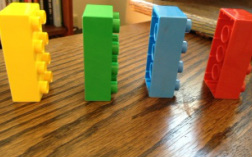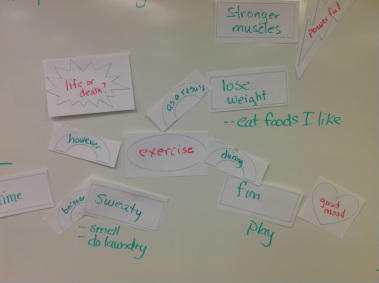
This is the type of strategy I love for 3 reasons:
1. Highly engaging – it was multi-modality and had an element of unpredictability that students immediately loved
2. Highly applicable – the same strategy could be used to encourage connections to any content discussion, as an activator, or even as a summarizing moment, K-12!
3. Low prep – such a quick thing to put together



 RSS Feed
RSS Feed